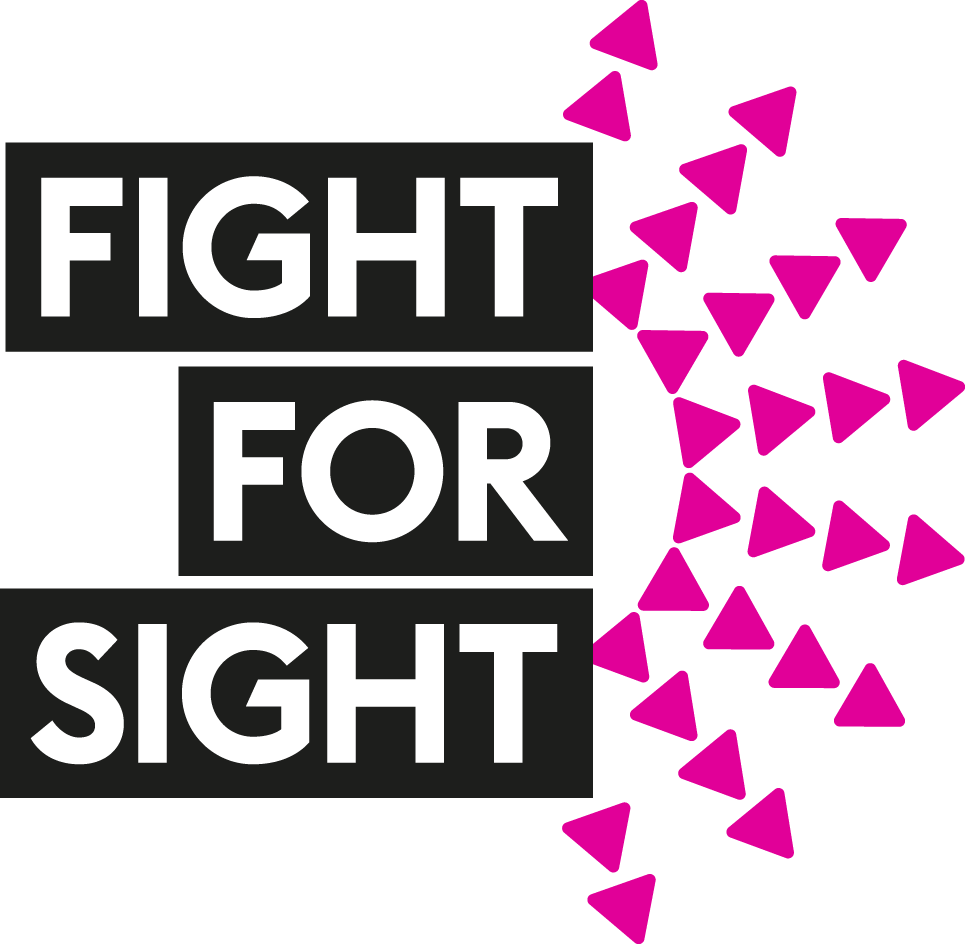Social deprivation and barriers to treatment of 'lazy eye' in children
Tackling the disparity
Children living in social deprivation could face significant barriers to treatment of amblyopia – or ‘lazy eye’- which can lead to permanent sight loss if left untreated.
A new research project funded by Fight for Sight and the British & Irish Orthoptic Society (BIOS) will explore what measures can be taken to tackle the disparity and ultimately make orthoptic treatment more accessible and successful in wider society.
Researchers based at Manchester Royal Eye Hospital will start by investigating two vastly differing Greater Manchester boroughs – the one with the highest deprivation score and the one with the lowest score, to assess how treatment outcomes are influenced by deprivation.
From this, researchers will be able to conclude which patients need assistance the most in clinics across the borough most affected by social deprivation.
Parents of patients registered at the clinics will be invited to gatherings with other parents, with a researcher facilitating the session. There, they will have the opportunity to share views about what the barriers to treatment are – which could range from a reduced awareness of medical conditions, or difficulty maintaining treatment and attending follow-up appointments.
Improving access to examinations and treatment
Ultimately, the aim of the study is to explore the barriers that prevent children in deprived communities from getting the treatment they need.
This comes after a study performed in Tayside, Scotland, concluded that children affected by low socioeconomic status were much less likely to attend hospital appointments to treat amblyopia.
Laura England, Research Orthoptist at Manchester Royal Eye Hospital, said: " I am very excited about this research and I hope that it will be the beginning of a number of projects to make orthoptic care more accessible for our patients.”
Keith Valentine, Chief Executive at Fight for Sight, said:
“We are pleased to be collaborating with BIOS on this fascinating and important project. Not only does this study have the potential of tackling a local issue, it could also provide us with a roadmap to make a change in wider society. We are already seeing significantly less uptake of eye tests due to Covid-19 and a huge backlog in appointments. There is more work to be done around awareness of the importance of eye tests as well as the sight loss conditions that can be detected by a simple visit to our high-street opticians. This is the first step in preventing sight loss and finding the right treatment. I look forward to seeing the results of the study and working together to hopefully close the gap and make treatment more accessible for children, regardless of their circumstances.”
Dr Kerry Hanna, Director of Research and Innovation for BIOS, said: “We are extremely grateful for the opportunity to work with Fight for Sight. Health inequalities impact a broad range of patients, and exist at all levels of patient care pathways. However, the direct impact that social inequalities have on paediatric vision services is under researched.
"We are aware of the short period of time available for improving children’s vision, so it is imperative that we do the most that we can to ensure patients receive treatment to avoid lifelong reduced vision. The work conducted by Laura England in this innovative research project, will provide orthoptists with a better understanding of wider patient needs, to inform targeted, patient-centred orthoptic practice. We are excited to see the results of this project, which will hopefully inspire other orthoptists to embark on research."
Health inequality across the UK
The link between social deprivation and sight loss conditions has previously been investigated in other areas of the UK.
Previously, analysis of NHS-funded sight test uptake in Essex showed significant inequalities in access among young people under 16. The study, which followed on from studies in larger areas like Leeds, reinforced “the argument that interventions are needed to address eye examination uptake inequalities.”
Another study in Scotland concluded that socioeconomic deprivation is “an important risk factor” for patients with glaucoma, one of the leading causes of irreversible blindness worldwide. The report added that deprivation should be incorporated into the design of services when triaging patients.

